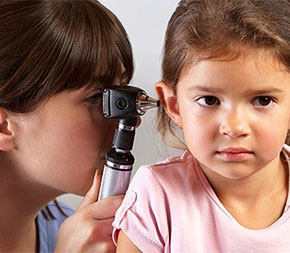
Audiologist At a Glance
Education to Become an Audiologist
New audiologists must earn a doctorate in order to begin practicing. The doctoral degree in audiology (AudD) is a four-year graduate program that you can enter while having a bachelor’s degree in any field.
Some audiology programs, like the one at the University of Washington, allow you to specialize in an area of interest, such as pediatric, geriatric, or educational audiology. Your coursework will be more specialized accordingly.
Audiologist Coursework
Typically, your first year or two will include observations, clinical orientation, a written qualifying exam, and a practical assessment. Your third and/or fourth year will offer more hands-on experience through your externship, internship or other Capstone style intensive project.
Median Annual Salary
Take a look at median annual wages for audiologists by state, as reported by the U.S. Bureau of Labor Statistics.
Licensing and Certification
All states now require licensing for audiologists in addition to a doctorate. Most also require continuing education units to renew your license. You’ll also need to meet the following criteria:
For specific requirements, check with the state’s licensing board for audiologists, in the state you choose to work in.
Audiologists can earn the Certificate of Clinical Competence in Audiology (CCC-A), offered by the American Speech-Language-Hearing Association.They also may be credentialed through the American Board of Audiology. Although it is not required, certification may satisfy some or all of the requirements for licensure and may be required by some employers.